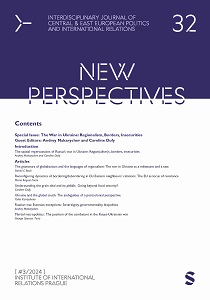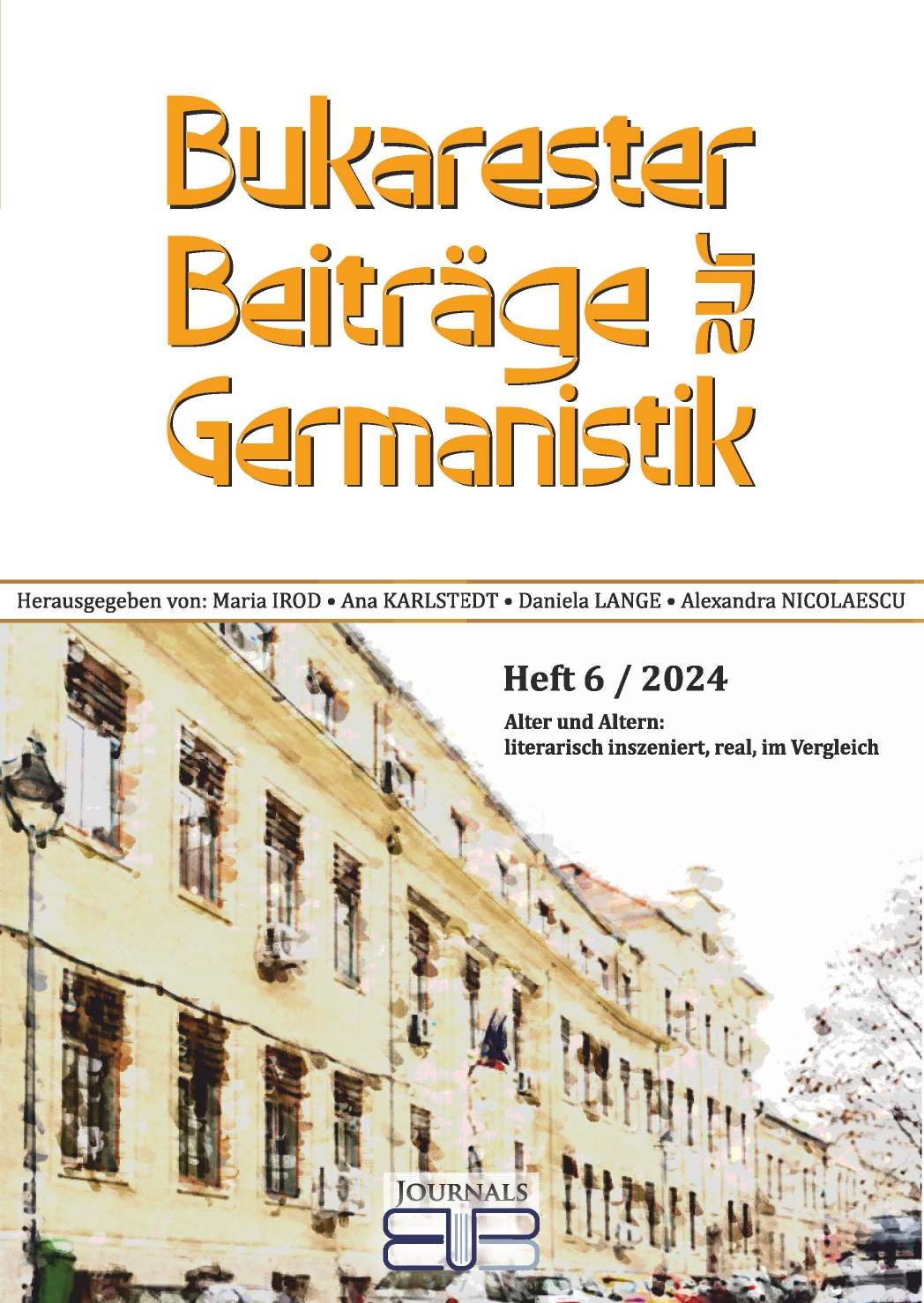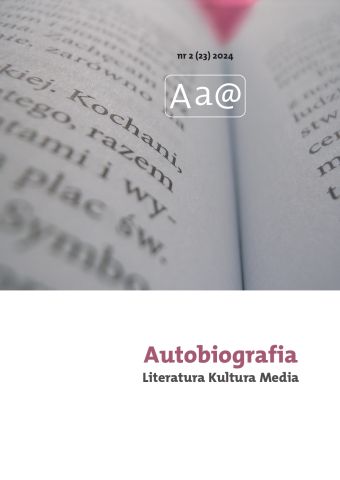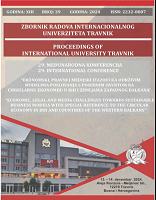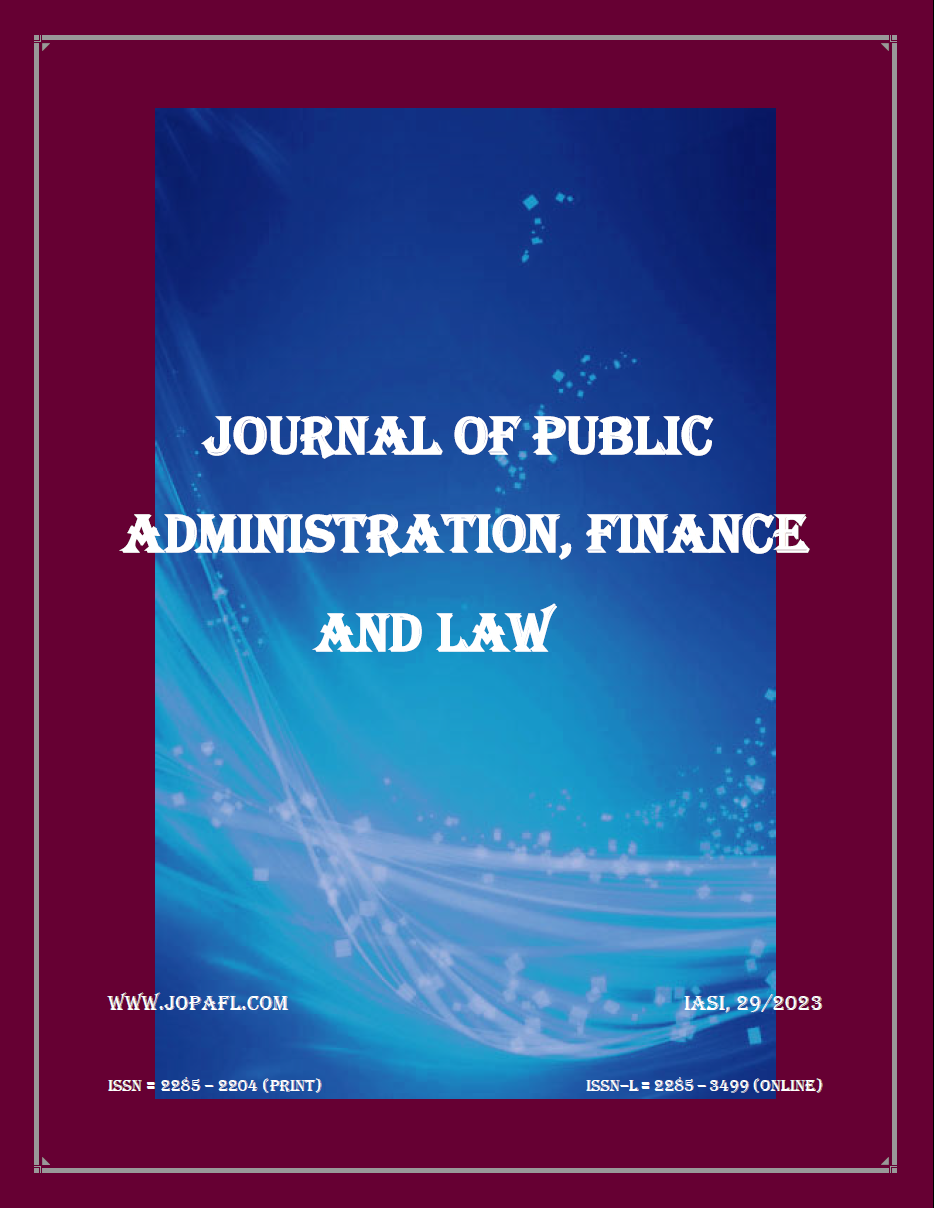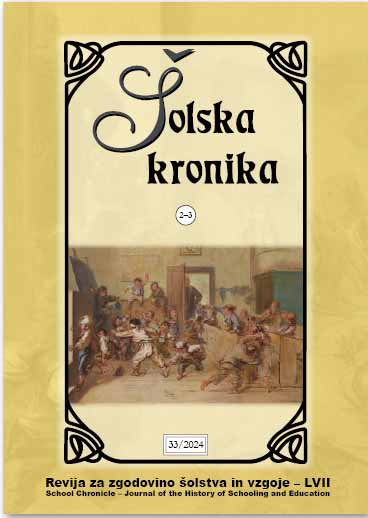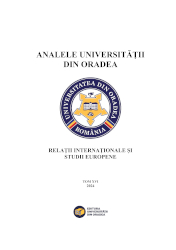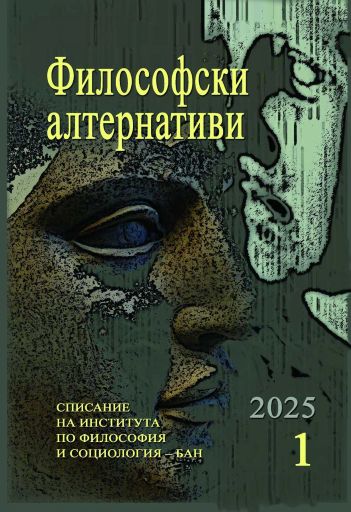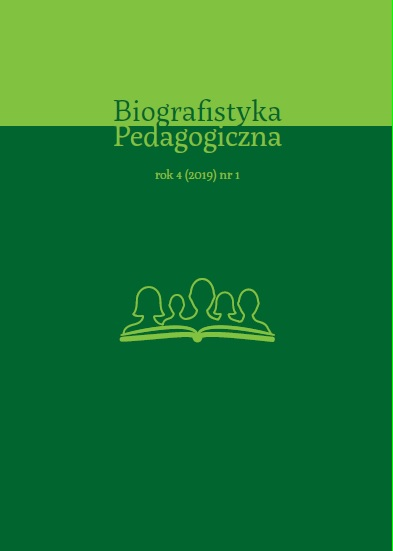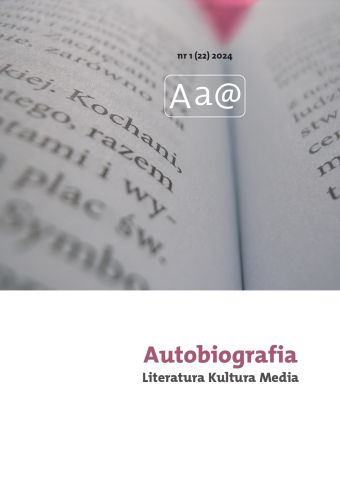Author(s): Dumitru Budacu / Language(s): English
Issue: 19/2023
Throughout history, mankind has faced various conflicts motivated by territoriality, natural resources, religion, geostrategic position, the desire to dominate and/or subdue the other, etc. The Carpathian-Danubian-Pontic space was no exception, so I would like to bring to attention the battles fought by Burebista, Decebal, Gelu, Menumorut, Ștefan cel Mare, Vlad Țepes, Mihai Viteazul, and the list could go on until The Events of December 1989. Nicolae lorga said that ″a people that does not know its past is condemned to repeat it″. The benefits brought to Romanians by Romania's accession to the E.U. (2007) and the N.A.T.O. (2004), as well as the Romanian people's confidence that a crisis situation could not happen again in our lands, led to the most diverse reactions when The Events in Ukraine escalated (2022) and I would mention with your permission only a few of them, as they were highlighted in the Romanian media: Passport queues [1] to be able to flee the war to another safer area; polls showing that Romanians are no longer willing to defend their state borders in case of conflict [2]; different reactions for Ukrainian [3] and Syrian [4] refugees, etc. An independent analyst of the above mentioned situations would say that it is natural for people to react and that this reaction cannot be unanimous, because we as individuals are also different. The question then naturally arises Why for them ONE is THE GOOD, and for the OTHERS the same people are THE BAD. Are perceptions influenced by a lack of knowledge of history, traditions, culture, values, etc.? Or is it all the result of media and social media activity? Another question that might arise is where do they get their information? Do they have correspondents in the conflict zone? Are they familiar with the reality of the conflict zone? Or does the media pick up a story from a trust and by the snowball method roll it up and each of those who pick up the story personalize it as their own? Is there a possibility that the media in a conflict situation will change its discourse according to certain interests, the involvement of certain actors in the daily life of the media? It is worth examining the situation and why the media are making value judgments and not presenting the situation impartially. Or is there a possibility that the media are paving the way for the power in each state to direct resources according to interests that are not always the most honest? We can remember an area of conflict where opinions are different at a somewhat limited interval. I would draw attention to the Events in Ukraine or as it is known Euromaidan (2013 - 2014) or Events in Ukraine (2022) or Russia's invasion of Ukraine. Euromaidan counted in the protest of citizens following the Ukrainian government's decision to suspend the process of preparation to sign the Association Agreement with the European Union as well as the Free Trade Agreement with the European Union. Started by students, the protests were joined by opposition parties as well as various pro-European groups. As a result of the growing number of protesters on 30 November 2013, the government decided to suppress the movement by using special forces (Berkut or Golden Eagle), and a large number of people were injured, while others took refuge in Michael's Monastery in St Michael's Square. The action to suppress the movement had the opposite effect making the movement even more known among Ukrainians and worldwide, but the events of 30 November 2013 were also a point of change in the direction of the protests turning from pro-European protests to the much increased antigovernment ones. The events in Ukraine in 2022 consist of the invasion of Ukraine, after the Russian president had previously created the administrative regions of Donetsk and Luhansk as independent entities and sent military troops to these areas. These events have led to the escalation of fuel and energy prices, affected the mobility of people and goods, and why not everyday life, with the end result that most families have seen their money become more expensive. Each time these events have divided the population, led to the impoverishment of a large mass of the population and those who have suffered from them are children, women, and the elderly. In order not to fail into the propaganda of either side of the conflict and to analyse the situation objectively, we must bear in mind that propaganda exists in both democracy and dictatorship. It is worth remembering the situation in which the US administration delivered the war in Iraq to the population, the Nazi regime using propaganda to gain the confidence of the population in the correctness of the ideology promoted. Nowadays propaganda is often camouflaged and promoted through the media and social media. Conflicts in the media sell and make ratings, which can be an excuse for those who resort to rallying to one side or the other because in the end, they will only gain. Like it or not, war propaganda has the same goals every time. First and foremost it will seek to generate a sense of fear, with the aim that once people are frightened of losing their life savings or the risk of losing their lives, they will more readily support armed action. Another part of propaganda is censorship, which can be of three types: direct, indirect, and self-censorship. Linguistic distortion is a third type of propaganda and with the help of bad words clear images of the adversary are built up, and with the help of good words people's positive feelings are appealed to. The fourth form of propaganda is the management of feelings through which emotions are controlled and favourable emotions for the party concerned are formed. Lying and deception are also a part of propaganda which uses a mixture of truth, more precisely half-truths and lies, in order to influence the population, and thus it is done repeatedly in order to gain as many followers as possible. Military entertainment as part of propaganda aims to gain as many followers as possible by delivering war films, serials, documentaries to the population, and this can be gained most successfully by delivering war video games to people of all ages. Populism, as part of propaganda, is political behaviour aimed at winning the sympathy of the population. Not least aestheticization is the part of propaganda, whereby the ugly side of an armed/military conflict is presented as much more beautiful and appealing than it really is. I conclude by recalling what the American sociologist Walter Lippmann said “propaganda is that branch of the lie which often deceives friends and never enemies".
More...
